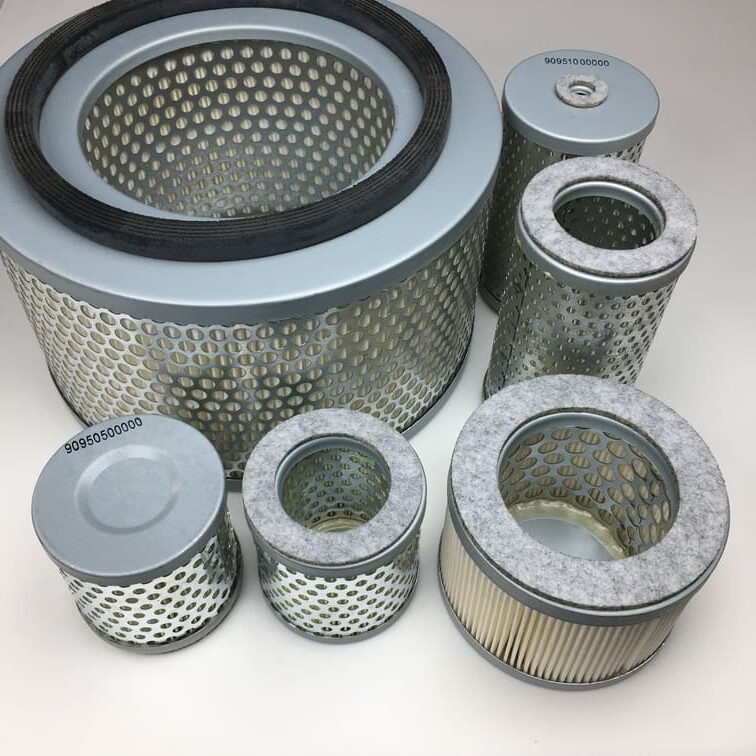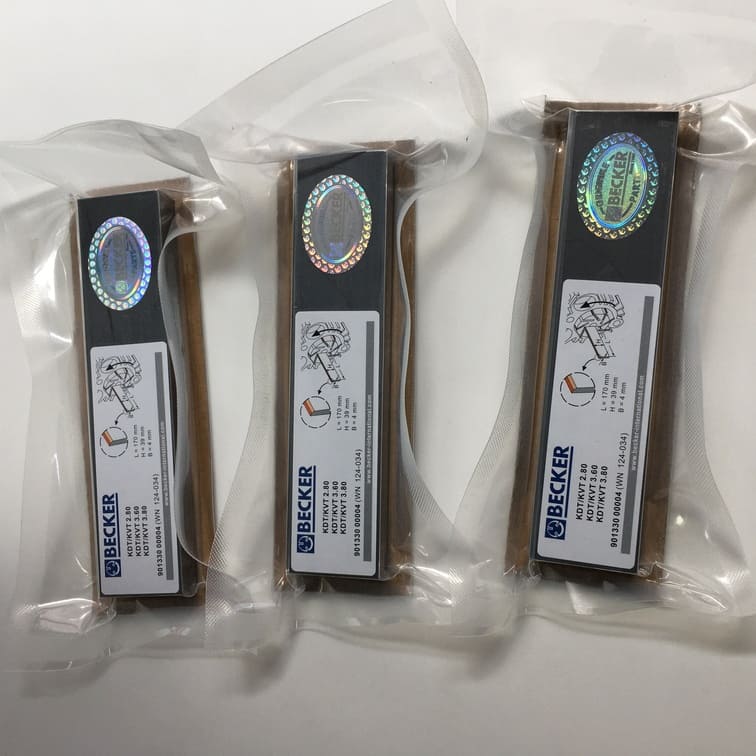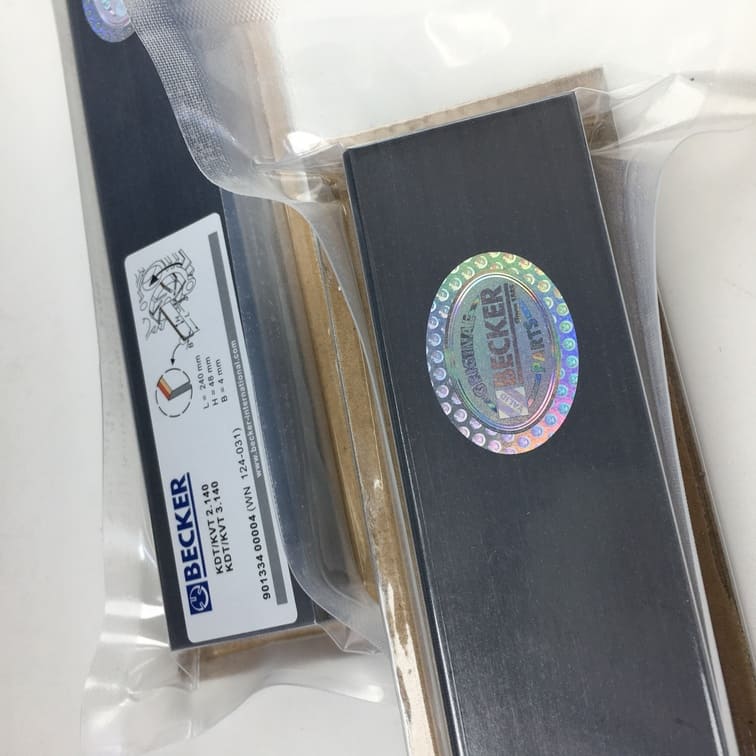Why Did Chevy Use Vacuum Pumps?
The use of vacuum pumps in automotive engineering has been crucial for many years, especially in maintaining vehicle performance and safety standards. Chevrolet (Chevy), like other automobile manufacturers, has used vacuum pumps across various models to enhance braking systems, emissions control, and other key functions. But why exactly did Chevy choose vacuum pumps, and what benefits do they offer to the vehicle? This article will delve into why Chevy used vacuum pumps, exploring their role in ensuring better performance and safety in a wide range of situations.
Understanding What a Vacuum Pump Is
Before diving into why Chevy used vacuum pumps, it’s important to understand what a vacuum pump actually is. In automotive terms, a vacuum pump is a device that removes air and other gases from an enclosed space, creating a partial vacuum. This vacuum pressure is then used to operate various vehicle systems that require suction or low-pressure environments to work effectively.
Common Types of Automotive Vacuum Pumps:
- Mechanical Vacuum Pumps: Powered directly by the engine, often through a belt or camshaft. These pumps are commonly found in older cars.
- Electric Vacuum Pumps: Powered by the vehicle’s electrical system, making them independent of the engine’s operation, which enhances efficiency, especially in modern vehicles.
In Chevy vehicles, vacuum pumps play a key role in systems like power-assisted brakes and emissions control, which are essential for both safety and performance.
The Role of Vacuum Pumps in Chevy’s Braking System
Enhancing Brake Assist
One of the primary reasons that Chevy used vacuum pumps is to improve the brake assist system. In most modern vehicles, braking systems are equipped with a power booster, which helps amplify the force applied by the driver on the brake pedal. This is where the vacuum pump steps in to generate the necessary vacuum pressure to provide additional force to the brakes, allowing the driver to stop the vehicle with less physical effort.
- Brake Booster Needs: A brake booster needs a reliable vacuum source to function effectively. When the driver steps on the brake pedal, the brake booster multiplies the applied force, making it easier to stop the vehicle quickly and smoothly.
- Turbocharged and Diesel Engines: Turbocharged and diesel engines produce less natural vacuum pressure compared to gasoline engines. Therefore, Chevy vehicles equipped with these engines require vacuum pumps to generate sufficient vacuum pressure for the brake booster.
Safety and Consistency in Braking Performance
The inclusion of vacuum pumps ensures that the braking system remains reliable even under adverse conditions. Whether climbing steep hills or towing heavy loads, a constant vacuum supply from the pump guarantees consistent braking performance.
In addition, electric vacuum pumps provide an added layer of safety by continuing to supply vacuum pressure even when the engine is off, which is crucial for start-stop systems commonly used in modern cars to save fuel.
Vacuum Pumps for Emissions Control
Supporting the EGR System
Another critical function of vacuum pumps in Chevy vehicles is their role in emissions control, particularly through the EGR (Exhaust Gas Recirculation) system. The EGR system reduces harmful nitrogen oxide (NOx) emissions by recirculating a portion of the exhaust gases back into the engine intake, which lowers combustion temperatures and reduces emissions.
- Vacuum Actuation: The EGR valve relies on vacuum pressure to operate efficiently. Without sufficient vacuum, the valve may not open or close at the correct times, leading to increased emissions and reduced fuel efficiency.
- Environmental Compliance: Using vacuum pumps to manage the EGR system helps Chevy meet stringent environmental regulations by ensuring that emissions control systems operate effectively.
Catalytic Converter Efficiency
In addition to the EGR system, the correct functioning of the catalytic converter also benefits from vacuum management. Chevy’s use of vacuum pumps helps maintain the right balance of air and fuel mixture, optimizing the performance of the catalytic converter in converting harmful gases into less dangerous emissions.
The Need for Vacuum Pumps in Turbocharged Engines
Reduced Natural Vacuum in Turbocharged Engines
Turbocharged engines are designed to boost power output by forcing more air into the combustion chamber. However, this increase in intake pressure results in reduced natural vacuum in the intake manifold. Chevy used vacuum pumps in these vehicles to compensate for the lack of natural vacuum, which is crucial for systems like brake boosters and EGR valves.
- Ensuring Proper Brake Assist: In the absence of natural vacuum, a vacuum pump is used to maintain brake booster functionality. This ensures that braking performance does not deteriorate, providing a safe and consistent driving experience.
- Turbo Wastegate Management: Some turbocharged engines also use vacuum-operated wastegates, which control the turbocharger’s boost pressure. A vacuum pump provides the consistent pressure needed to operate these wastegates accurately.
Fuel Efficiency and Downsizing Challenges
As manufacturers push for engine downsizing to improve fuel efficiency, the need for vacuum pumps becomes even more apparent. Smaller engines produce less natural vacuum pressure, making an external vacuum pump essential to maintain the performance of various vacuum-dependent systems.
Using vacuum pumps allows Chevy to continue optimizing for better fuel efficiency without compromising on the performance of critical safety and emissions components.
Types of Vacuum Pumps Used in Chevy Vehicles
Mechanical vs. Electric Vacuum Pumps
Chevy has utilized both mechanical and electric vacuum pumps across its vehicle lineup, depending on the model and year.
| Feature | Mechanical Vacuum Pump | Electric Vacuum Pump |
|---|---|---|
| Power Source | Engine-driven (Belt or Camshaft) | Vehicle’s electrical system |
| Energy Efficiency | Lower, continuous operation | Higher, operates only when needed |
| Complexity | Simple design, fewer electronics | Requires electronic controls |
| Application | Mainly older vehicles | Modern vehicles, hybrids, and electric cars |
Electric vacuum pumps are becoming increasingly popular in newer models due to their efficiency and ability to operate independently of engine speed. This independence is particularly beneficial in hybrid and electric vehicles, where traditional engine-driven vacuum is not available.
Advantages of Using Vacuum Pumps in Chevy Vehicles
Enhanced Safety with Consistent Brake Assist
The primary advantage of using vacuum pumps in Chevy vehicles is the enhanced safety it brings to the braking system. Consistent vacuum pressure ensures that the brake booster always operates effectively, providing the driver with better control and minimizing the effort needed to stop the car.
- Better Control During Emergency Stops: With a reliable vacuum supply, drivers can be confident that the brakes will respond quickly and effectively during emergency situations, reducing stopping distances and enhancing overall vehicle safety.
- Efficient Performance at Low Engine Speeds: At low engine speeds, such as idling or decelerating, natural vacuum is often insufficient. Vacuum pumps ensure that there is still adequate pressure for effective braking.
Improved Fuel Efficiency and Engine Performance
Using electric vacuum pumps contributes to improved fuel efficiency by reducing the drag on the engine. Unlike mechanical pumps that run continuously whenever the engine is on, electric pumps activate only when needed, reducing unnecessary energy consumption.
This efficient use of energy also contributes to better overall vehicle performance, allowing Chevy to produce cars that are not only powerful but also economical.
Supporting Emissions Standards Compliance
Vacuum pumps play an important role in ensuring that Chevy vehicles meet strict emissions regulations. By supporting the proper operation of emissions control devices like the EGR valve and catalytic converter, vacuum pumps help minimize the release of harmful pollutants, contributing to a cleaner environment.
Common Issues and Maintenance of Vacuum Pumps
Potential Problems with Vacuum Pumps
Like all vehicle components, vacuum pumps can face wear and tear over time, which may lead to performance issues.
- Vacuum Leaks: Leaks in the vacuum lines or connections can reduce the efficiency of the pump, affecting systems like the brake booster and EGR valve.
- Mechanical Wear: Mechanical vacuum pumps are prone to wear in parts like bearings and seals, which may lead to reduced vacuum generation or complete pump failure.
- Noise and Vibrations: A noisy vacuum pump often indicates that internal components are worn out, and the pump may soon fail if not replaced.
Maintenance Tips for Longevity
Regular maintenance is key to ensuring that vacuum pumps in Chevy vehicles continue to function correctly:
- Inspect Vacuum Lines: Regularly check vacuum hoses for leaks or cracks. If there is any visible damage, replace the hoses promptly.
- Listen for Unusual Noises: Pay attention to any unusual noises from the pump, as this could indicate internal damage. Addressing these early can prevent further issues.
- Brake Performance Monitoring: A harder brake pedal or reduced braking efficiency might signal an issue with the vacuum pump, especially in vehicles relying on brake assist.
FAQs
1. Why did Chevy use vacuum pumps in its vehicles?
Chevy used vacuum pumps to provide consistent vacuum pressure for systems like power brakes and emissions controls. This ensures reliable brake performance and helps the vehicle meet emissions standards.
2. What are the benefits of using electric vacuum pumps?
Electric vacuum pumps are more efficient because they operate only when needed. This reduces energy consumption and engine drag, improving overall fuel efficiency and performance.
3. Can I drive a Chevy if the vacuum pump fails?
It is not recommended to drive a Chevy with a failed vacuum pump, as it directly affects braking performance. The brake pedal will be harder to press, increasing stopping distance and reducing safety.
4. How do I know if my vacuum pump is failing?
Signs of a failing vacuum pump include a harder brake pedal, reduced braking efficiency, and unusual noises coming from the pump area. Immediate attention is advised to avoid further issues.
5. Does every Chevy vehicle use a vacuum pump?
Not every Chevy vehicle uses a vacuum pump. Older models with naturally aspirated engines may rely on engine vacuum, while newer models, especially those with turbocharged engines or hybrid systems, typically use electric vacuum pumps.
Conclusion
Chevy’s decision to use vacuum pumps across various vehicle models highlights their commitment to safety, efficiency, and environmental standards. By providing consistent vacuum pressure, these pumps support critical functions such as braking assist, emissions control, and turbocharger operation. Whether through mechanical or electric means, vacuum pumps contribute significantly to the performance and reliability of Chevy vehicles.
For maintaining optimal vehicle performance, it is important to regularly inspect and maintain the vacuum pumps and associated components. Should you require quality parts for your vacuum pump, check out Becker Air Filter replacements or Original Becker Vanes for reliable solutions. Investing in genuine parts ensures your Chevy’s vacuum pump system remains in top condition, keeping you safe and your vehicle running efficiently.




